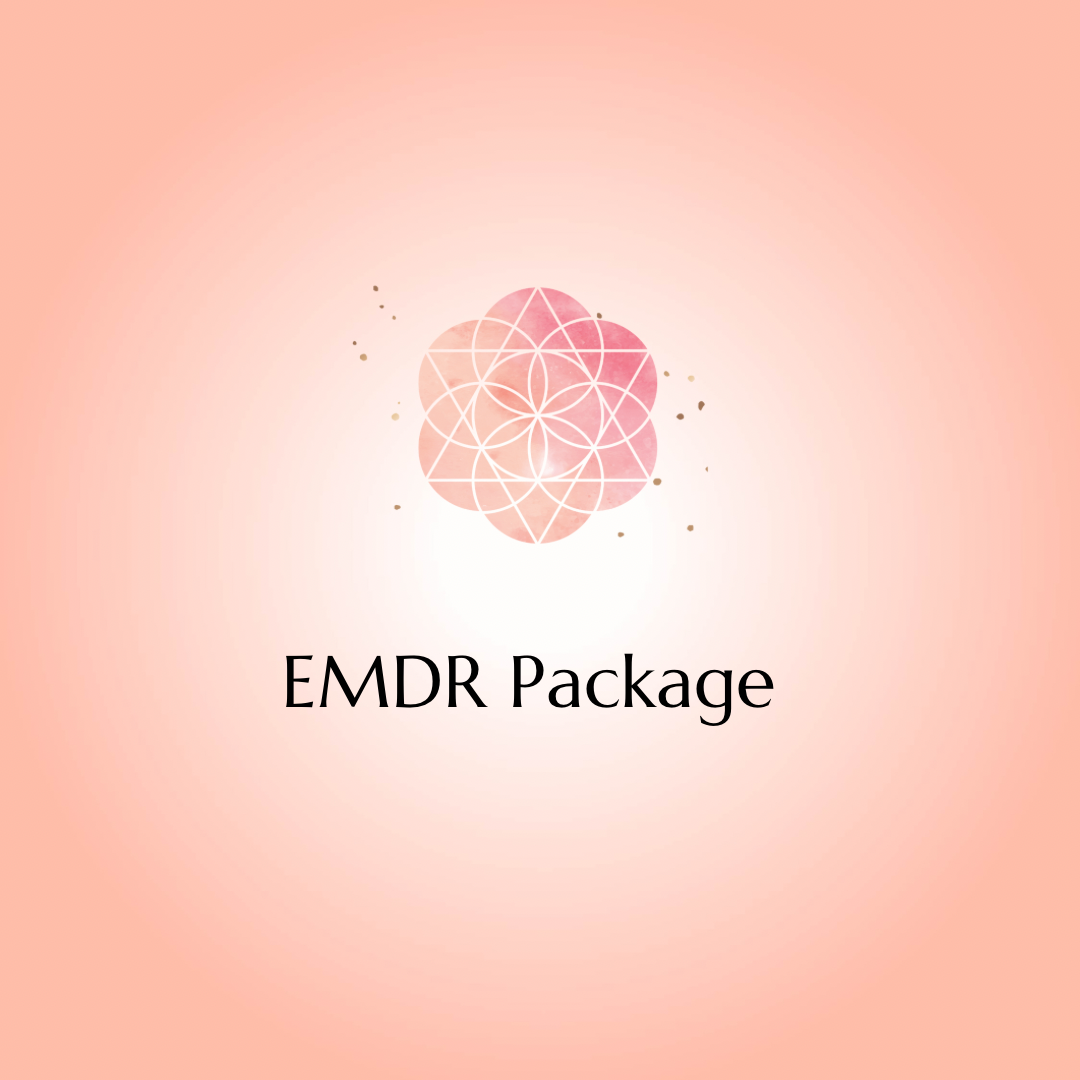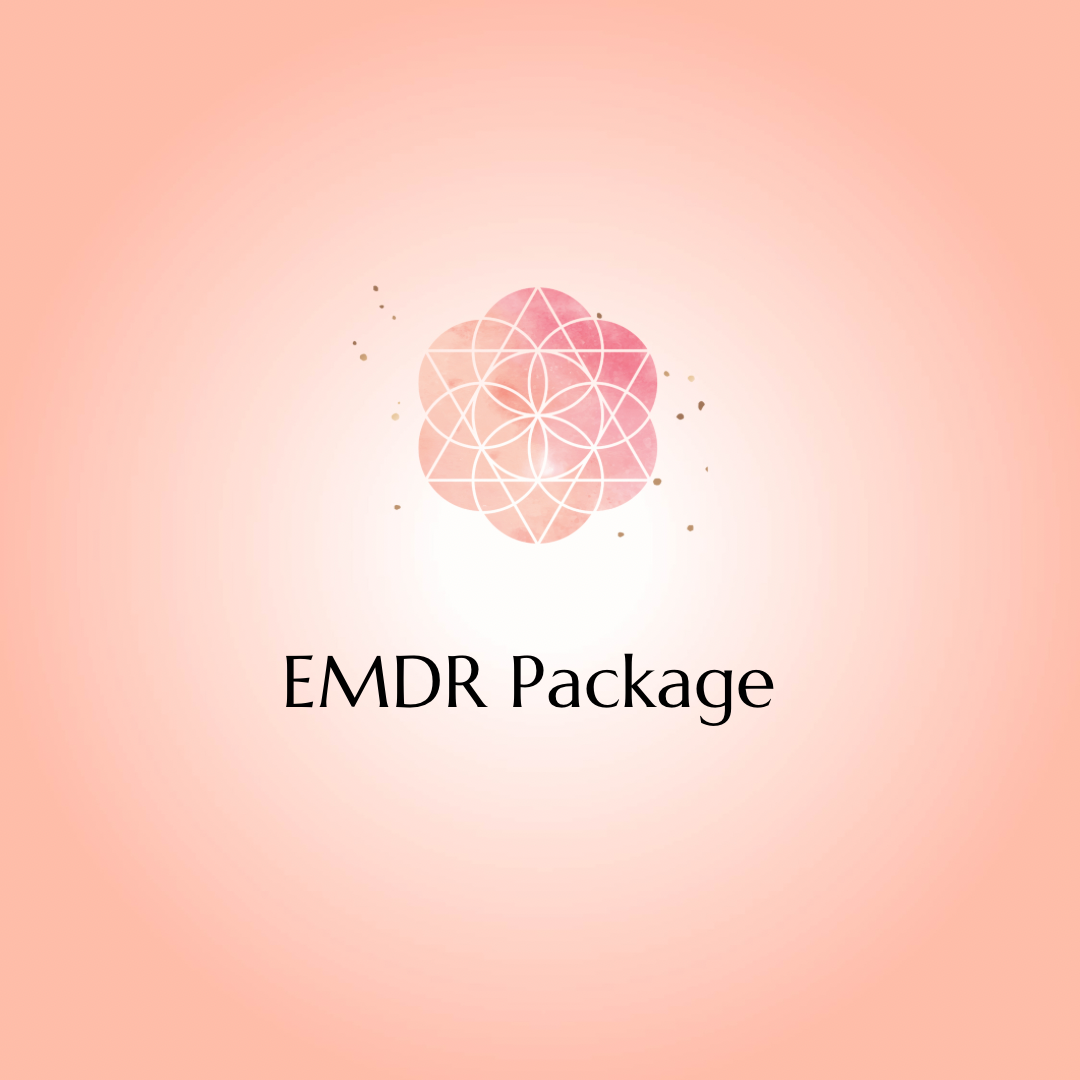Christina Goetz
EMDR Therapy Package (5 Sessions)
EMDR Therapy Package (5 Sessions)
Impossible de charger la disponibilité du service de retrait
Eye Movement Desensitization and Reprocessing (or short EMDR*) helps people heal from trauma or other distressing life experiences. It was initially developed for the treatment of post-traumatic stress disorder (PTSD) by Francine Shapiro in 1987.
EMDR therapy is focusing on changing the emotions, thoughts, or behaviors resulting from the distressing issue, allowing the brain to resume and support its natural healing process. The therapy does not require talking in detail about the distressing issue, trauma or event. We focus briefly on the trauma memory while simultaneously experiencing bilateral stimulation (typically eye movements), which is associated with a reduction in the vividness and emotion associated with the trauma memories.
I work with bilateral stimulation. A right-left rapid eye movement guided by the me using a finger, pencil or wand as a focus point during the session.
We are focusing on changing the emotions, thoughts, or behaviors resulting from the distressing issue, allowing the brain to resume and support its natural healing process.
For processing of a specific memory (trauma) I generally recommend booking one to three sessions. EMDR therapy differs from other trauma-focused treatments in that it does not include extended exposure to the distressing memory, detailed descriptions of the trauma, challenging of dysfunctional beliefs or homework assignments.
I use a eight-phase approach that includes history-taking, preparation, assessing the target memory (trauma), processing the memory to adaptive resolution and evaluation of treatment results.
What type of trauma is EMDR good for?
-
PTSD (Post Traumatic Stress Diaorder)
-
Phobias
-
Anxiety
-
Fear
-
OCD (Obsessive Compulsive Disorder)
-
Depression
-
Pain
-
Addictions
-
Panic Disorder
-
Eating Disorder
-
Traumatic experience such as a car accident, a cancer diagnosis, combat, or a painful breakup
Frequently asked questions about EMDR treatment for teens:
Is EMDR therapy safe for teenagers?
Yes, EMDR therapy is generally considered safe for teenagers.
How does EMDR therapy work for teens?
EMDR therapy helps teens process traumatic memories and negative emotions by using bilateral stimulation to reframe their perception and heal emotional wounds that may be tied to other mental health conditions like anxiety or depression.
Location: Enfield or via Zoom
Duration: 5 Sessions include anamnesis/medical history, identifying all aspects of the client experience which may be contributing to present difficulties).
*EMDR therapy is endorsed by the (WHO) World Health Organization, the National Alliance on Mental Illness, the Department of Veterans Affairs and the American Psychological Association.


